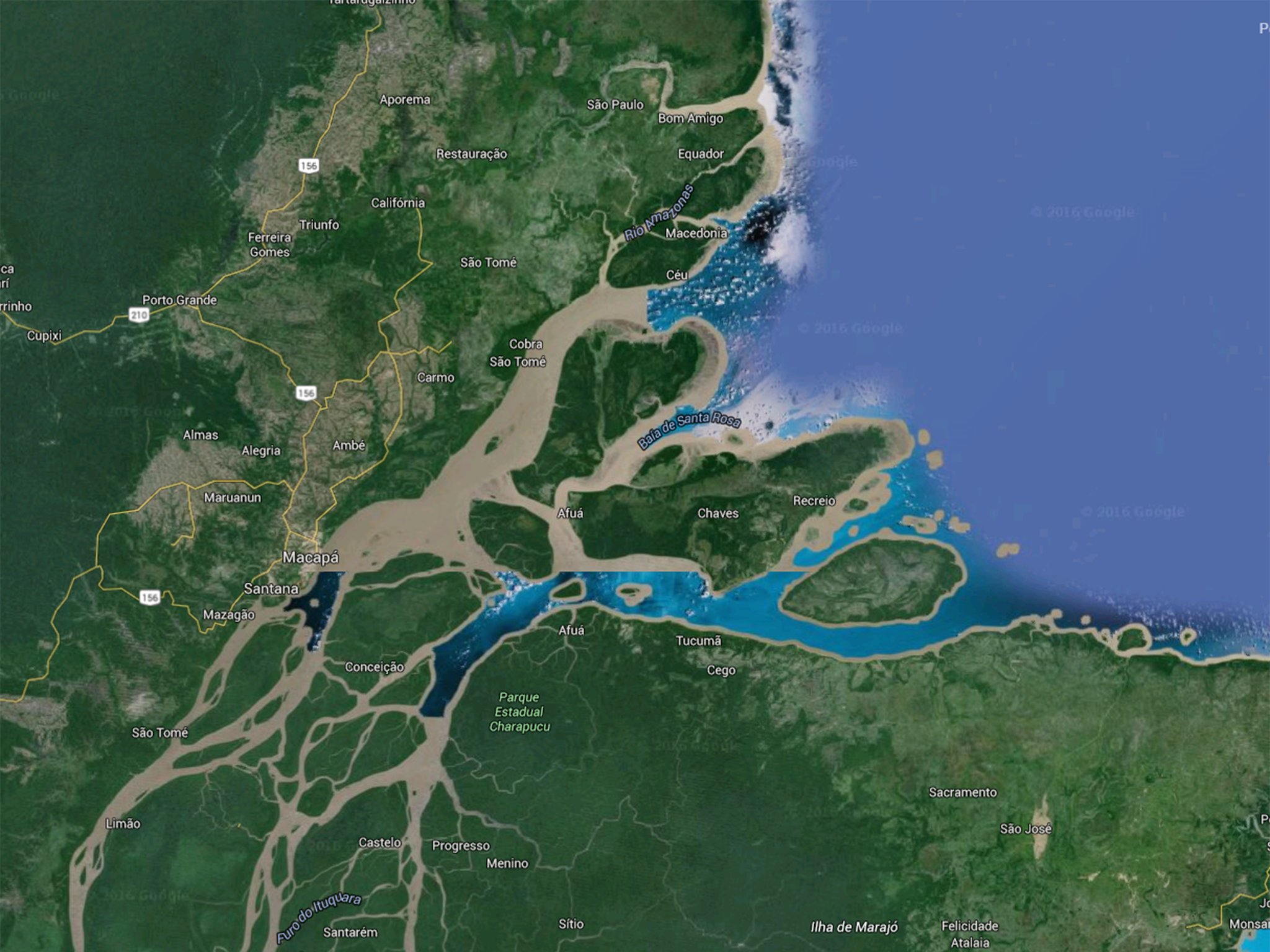Scientists discover enormous coral reef at the Amazon River
The unique reef is already being threatened by oil drilling companies

Scientists have discovered an enormous coral reef that stretches for more than 600 miles at the mouth of the Amazon River.
A team of Brazilian and American researchers found over 73 species of fish, spiny lobsters, stars, 60 species of sponges and a variety of other marine life, including a rare red algae.
The findings, published in the journal Science Advances this week, are a surprise because the reef – which spans from the southern tip of French Guiana to Brazil’s Maranhão State – is among some of the muddiest waters in the world. It is thought corals only thrive in salt water amid clear and sunlit conditions.
The coral reef, which ranges from about 30-120m deep, appears to be thriving below the freshwater flow of the Amazon River.
In their study, the scientists claim it is significant because it could provide insight how tropical reefs respond "to suboptimal and marginal reef-building conditions". These types of conditions are increasingly prevalent around the world, the scientists write, with the on set of global warming.
But the unique reef is already at risk of survival because of oil drilling companies. "In the past decade, a total of 80 exploratory blocks have been acquired for oil drilling in the study region, 20 of which are already producing," the article notes. "[They will] soon be producing oil in close proximity to the reefs, and such large-scale industrial activities present a major environmental challenge."
Brazil was previously known to be home to thousands of miles of reefs, but these were thought to all be much lower on its coast
Coral reefs around the world are at increasing pressure due to changes in the temperature and light levels on the ocean, leading to widespread coral bleaching. A recent report from ARC Centre of Excellence for Coral Reef Studies showed that 90% of the Great Barrier Reef off the coast of Australia is suffering from such bleaching.
Join our commenting forum
Join thought-provoking conversations, follow other Independent readers and see their replies
Comments
Bookmark popover
Removed from bookmarks